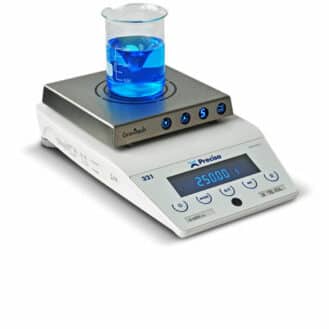A patient weighing scale is a device used in doctors’ offices and healthcare facilities to monitor a patient’s weight. Nowadays, some models also measure body mass index (BMI) and other body composition parameters.

A patient weighing scale is a device used in doctors’ offices and healthcare facilities to monitor a patient’s weight. Nowadays, some models also measure body mass index (BMI) and other body composition parameters.
There are two types of patient weighing scales: mechanical and electronic. Here are the main advantages and disadvantages of each.
Two Types of Patient Weighing Scales
There are various weighing systems for people, such as platform scales, column scales, suspended scales, or even chairs and beds with built-in scales.
Some of these weighing systems are portable: compact, light, and easy to transport, they are ideal for at-home care, for example. With electronic models, professionals should check the batteries before leaving their office.
Patient weighing scales are used in a variety of applications, including medical, hospital, home, and fitness, among others.
To choose the right scale, it is important to take into account its accuracy, weight, maximum capacity, and operating mode (mechanical or digital).
Scales are divided into four precision classes:
In addition to weighing, some scales have other functions, such as height measurement, direct BMI measurement, or internet capability.
You can buy both mechanical and electronic patient weighing scales at an affordable price. The most basic models range from 10 to 50 euros. More sophisticated models, depending on the additional features and precision class, can reach prices of several hundred euros.
Depending on the application, you’ll need to pay attention to several aspects to best maintain your device and keep it in good condition for longer. Here are some essential aspects:


